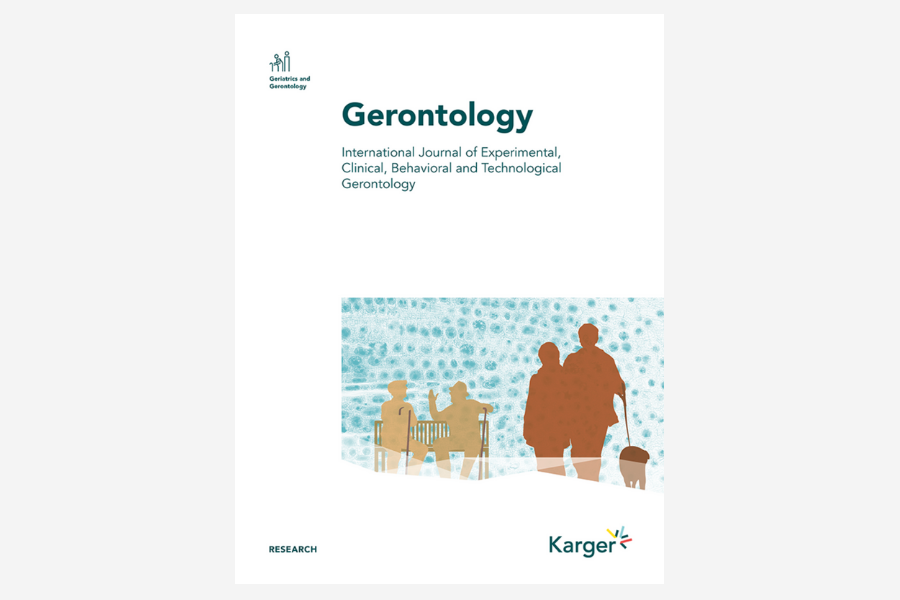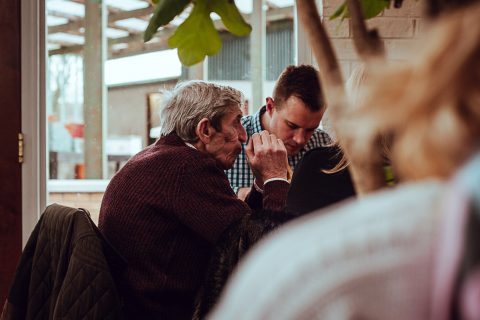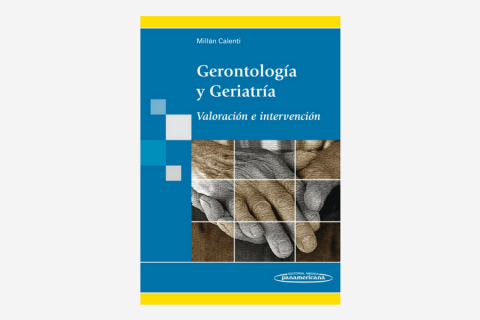
Gerontology
Fecha de publicación: September 09, 2020
DOI: https://doi.org/10.1159/000509830
Autores: Bauer A.C.M, Andringa G.
Background: The number of elderly is growing rapidly, including those that struggle with cognitive decline and, consequently, activities of daily living. Developing interventions that slow down cognitive decline would greatly benefit the autonomy of these elderly, as well as their caretakers. Virtual reality (VR) is an immersive and interactive human-computer interface with real-time simulation that is suggested to be a promising tool to improve cognitive functioning. This literature review discusses the features of immersive VR, including its opportunities and limitations, that are of special relevance for improving cognition in elderly. First, the high flexibility of VR allows for personalized and safe training of potentially harmful situations and isolated aspects of tasks. Second, VR’s dynamic and real-time feedback on performance provides a labor-extensive tool for caretakers in elderly care. Third, the acquisition of high resolution data enables the exposure of subtle changes over time, relevant for detecting the nature and extent of cognitive changes in elderly, including those with dementia. Fourth, immersive VR has been related to cybersickness. Finally, VR is immersive and enables the perception and expression of emotions, motor behaviors, and multiple senses. Aged subjects are found to have sparing of emotional learning and show increased reliance on multisensory integration for learning. Moreover, they experience high levels of flow, motivation, and presence in VR setups. Despite the clear potential of immersive VR, the studies available are small scale and have not been replicated. The digital illiteracy of elderly and healthcare personnel form an additional barrier for implementation. Hence, while replication of outcomes and standardization of VR interventions is required before it can be used in standard care, VR may provide a particularly effective tool for training cognition in elderly.





